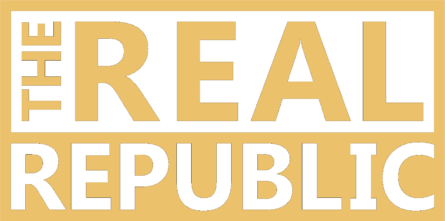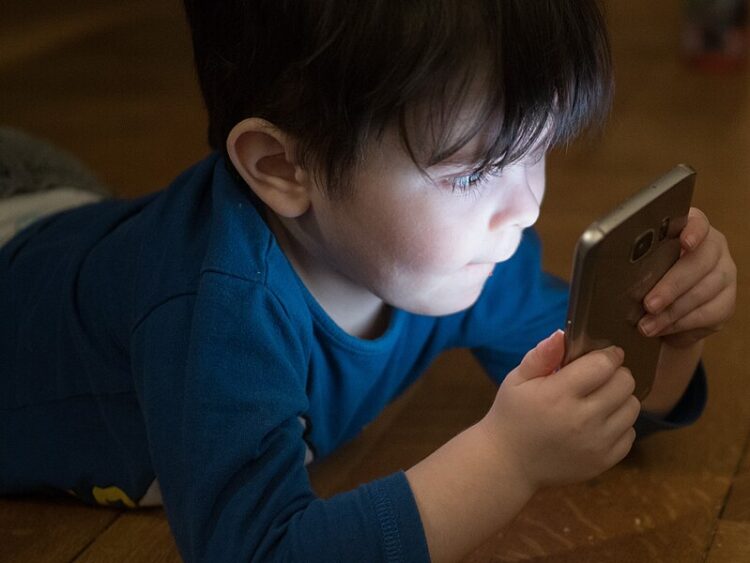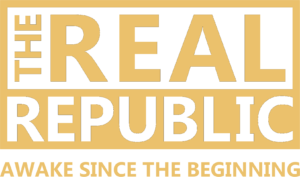Social media has been woven into nearly every aspect of daily life. These platforms dictate our means of obtaining news, entertainment, marketing, and social connections. Social media is fun, easy, and best of all–free. It has transformed the fabric of our social interactions and information consumption. However, like using heroin to treat a cough, the seemingly beneficial aspects of social media come with significant drawbacks.
Algorithms, the puppeteers of our digital lives, drive social media addiction. These systems are fine-tuned to feed off of our input and deliver the output that is most likely to ensure our return. By delivering our desires, this instant gratification fosters endless scrolling. The demographic most vulnerable to this trap is children. As parents, it is increasingly important to know what our children are consuming on social media.
The addictive nature of the content coupled with the known presence of online predators and cyberbullying, poses a serious risk to the well-being of our youth. Throughout the end of 2023 and into this year, the CEOs of major social media outlets have been called upon in Senate committee hearings to claim responsibility for the safety of its users. The majority of the demographic in question was underage. Sure, there are age restrictions in the user agreements, but even adults are dismissive in skipping the formality of reading the fine print. Users tend to be too cavalier in general.
A 2019 Gallup poll showed that 40% of Americans trusted the information they found online. Additionally, a 2022 Statistica study found that one-third of Americans acquire the entirety of their news from social media. From health information to political propaganda and everything in between, the spread of misinformation is difficult to manage for adult minds. Without fully developed critical thinking and discernment skills, it’s nearly impossible for children.
‘Back in my day’, politics were left to adults. Meanwhile, children and teens could not have cared less. Now, being politically ‘informed’ is not only trendy but nearly unavoidable with the amount of political propaganda found online. Without traditional gatekeepers and provided a catchy punchline, misinformation spreads as fast as users can click. Liberal ideals often provide a solid foundation for online talking points. Meanwhile, conservative viewpoints get flagged, removed, or marked as ‘missing context’. A 2023 Gallup poll found that American teens spend an average of 4.8 hours per day on social media, this likely exceeds the time parents spend with their kids and provides a louder voice in steering children’s views.
Beyond misinformation, collecting genuine personal information to cater to interests represents a serious concern about users’ privacy. Children are quick to overshare and under protect their data. Think Snapchat, where the images and messages disappear after being viewed. These images, preferences, passwords, and all other inputs are collected to use at someone’s disposal.
According to the Pew Research Center, 56% of American adults are TikTok users, a social media platform with known ties to the Chinese government. The remaining 44% of nonusers likely view the platform as being childish, although likely inappropriate for children. The platform promotes harmful trends and introduces children to skewed views. In light of the recent controversy over TikTok’s ownership, it begs the question, who is pulling the strings? Beyond any domestic privacy invasions, users are now assuming the risk of having their data leaked to the Chinese government! Through our active indifference, we support the erosion of their privacy with potentially far-reaching implications for individuals and society.
Amid the myriad of concerns surrounding social media, it’s also increasingly evident that it is ruining the social development of our nation’s youth. Online perfection is not the goal, it’s the standard. In a world that uses views, likes, followers, and subscribers as the currency for self-worth, meticulously curated posts utilize angles, edits, and filters to ensure the viewers get nothing short of perfection. The measuring stick provided by comparison leaves the viewers entertained but with an aftertaste of inadequacy. Under this system, mental health problems are becoming more prevalent and even encouraged.
A lack of genuine social interaction leads to feelings of social anxiety, while constant comparisons lead to depression and other concerns. When legitimate mental health concerns aren’t present, there is a tendency to fabricate or exaggerate them as an excuse for underachievement or lack of effort. For unknown reasons, it is no longer cool to be mentally tough. Children no longer aspire to be doctors or lawyers. With any luck in achieving their goals, we will have an entire generation of YouTubers, influencers, and content creators.
All things considered; I refuse to sit shaking my cane at this generation. It’s not their fault. We, as adults, are failing them while repeating the same mistakes for ourselves. Parents rely on school systems to educate their children on digital citizenship and expect lawmakers to hold social media outlets accountable for ‘lax safety standards’. Meanwhile, digital devices have replaced pacifiers as a means to calm our children. Although parents understand the harmful effects, many deem restricting their use to be too challenging. It is not someone else’s responsibility to raise our kids.
Social media platforms are businesses. They are in it for the money and yet they offer their services free of charge, in exchange for our patronage and data. It is a conscious choice every time you log in or allow your kid to do the same. As Milton Friedman, an American economist from the 1970s, said, “The social responsibility of business is to increase its profits”. They owe us nothing! Users willingly trade their attention and privacy for all of the perceived positive effects that come from its use–unless they are too young to understand. The call for more regulation and governmental oversight is another shift of responsibility that parents need to take.
Everyone has the opportunity to choose whether or not they use their services. You know that junk food will negatively impact your health, but you continue to feed it to your kids because they like the taste; that’s not Little Debbie’s fault. It’s your responsibility to guide your children to make good choices. Parents need to be parents. With the application of common sense, it doesn’t matter who owns TikTok or what Mark Zuckerberg is plotting.
References:
- Rothwell, Jonathan. “Teens Spend Average of 4.8 Hours on Social Media per Day.” Gallup.com, February 9, 2024. https://news.gallup.com/poll/512576/teens-spend-average-hours-social-media-per-day.aspx.
Brenan, Megan. “In U.S., 40% Trust Internet News Accuracy, up 15 Points.” Gallup.com, February 7, 2024. https://news.gallup.com/poll/260492/trust-internet-news-accuracy-points.aspx#:~:text=Currently%2C%2040%25%20of%20Americans%20say,compared%20with%20what%20it%20was.
Bestvater, Samuel. “How U.S. Adults Use TikTok.” Pew Research Center, February 22, 2024. https://www.pewresearch.org/internet/2024/02/22/how-u-s-adults-use-tiktok/.
“Protecting Children Online.” United States Senate Committee on the Judiciary. Accessed May 16, 2024. https://www.judiciary.senate.gov/protecting-children-online.
Watson, Amy. “Frequency of Using Social Media for News in the U.S. 2022.” Statista, January 4, 2024. https://www.statista.com/statistics/263498/use-of-social-media-for-news-consumption-among-hispanics-in-the-us/#:~:text=Social%20media%20is%20one%20of,at%20least%20once%20per%20week.
Images:
- https://commons.wikimedia.org/wiki/File:Boysmartphone.jpg
The opinions expressed in this article are solely those of the author and do not necessarily reflect the views or opinions of The Real Republic LLC, realrepublic.com, or any of its affiliates. While our team strives to ensure the accuracy and reliability of the information provided, The Real Republic cannot guarantee the completeness, suitability, or validity of any information on this site or found by following any link. The Real Republic will not be liable for any errors or omissions in this information nor for the availability of this information. The Real Republic will not be liable for any losses, injuries, or damages from the display or use of this information.
















